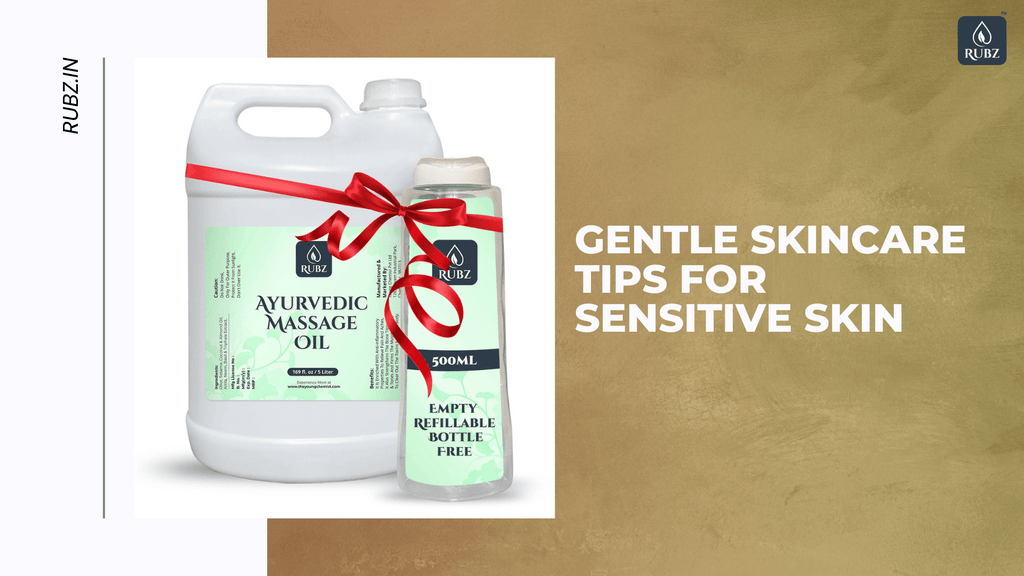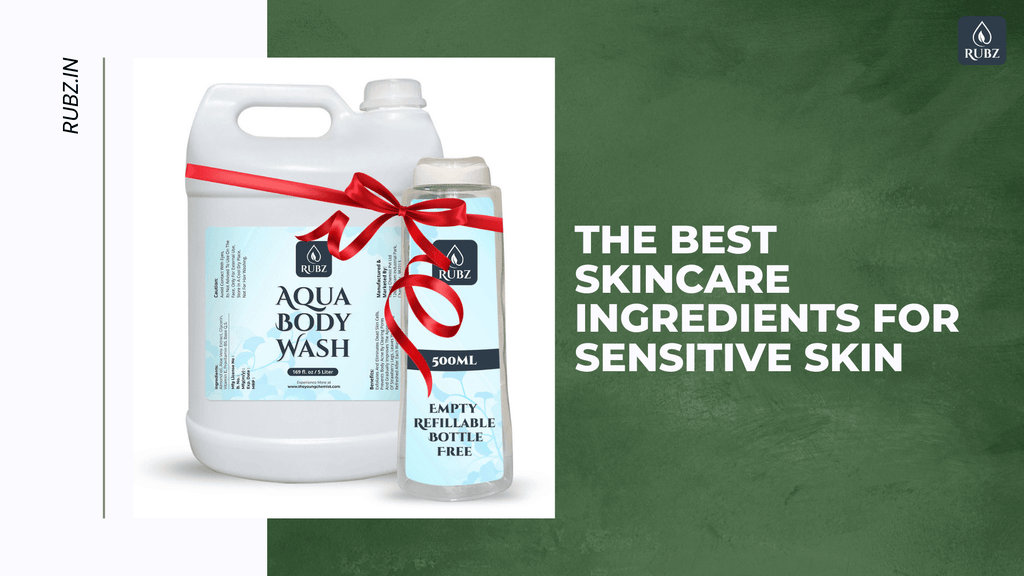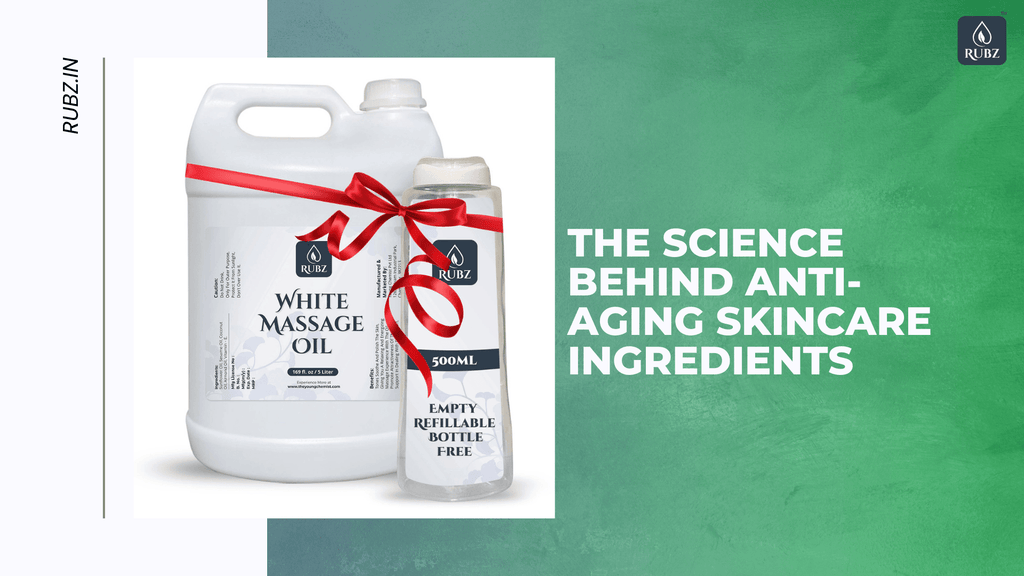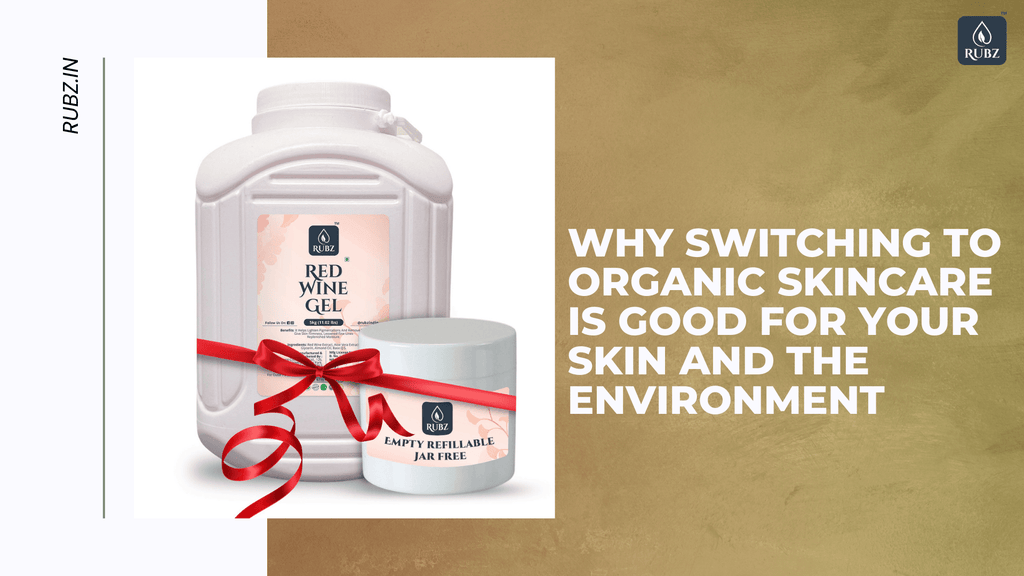
Gentle Skincare Tips for Sensitive Skin

Understanding Sensitive Skin

What is sensitive skin?
Sensitive skin is characterised by its heightened reactivity to various environmental factors and skincare products. It is prone to irritation, redness, and discomfort when exposed to certain triggers. People with sensitive skin often experience symptoms such as itching, burning, and dryness.
Common causes of sensitivity include genetic predisposition, a weakened skin barrier, allergies, and certain skin conditions like eczema or rosacea. It's important to note that sensitive skin can be a lifelong condition or a temporary reaction due to external factors.
Identifying if you have sensitive skin can be done through self-observation and understanding your skin's reactions. If you notice frequent and easily triggered irritations, it is likely that you have sensitive skin.
Skincare mistakes to avoid for sensitive skin.
To maintain the health of sensitive skin, it's crucial to avoid certain skincare mistakes that can exacerbate its sensitivity:
a) Over-exfoliation and aggressive cleansing: Scrubbing the skin vigorously or using harsh exfoliants can disrupt the skin barrier, leading to irritation. Instead, opt for gentle exfoliation methods and avoid abrasive cleansers.
b) Using harsh skincare products: Avoid skincare products containing ingredients like fragrances, alcohol, and strong preservatives, as they can cause allergic reactions and irritation. Look for products specifically formulated for sensitive skin.
c) Ignoring the importance of patch testing: Patch testing is essential when introducing new skincare products. Apply a small amount of the product on a discreet area of your skin, like your inner forearm, and observe any adverse reactions before applying it to your face.
Building a Gentle Skincare Routine

Know your skin type.
It's important to differentiate between sensitive and sensitized skin. Sensitive skin is a skin type characterized by genetic predisposition, while sensitized skin is a temporary condition caused by external factors such as weather changes, stress, or incorrect product usage. Understanding your skin's type will help you choose suitable skincare products and routines.
To identify your skin type, observe how your skin reacts to different products and environmental factors. Seek professional advice from a dermatologist if needed.
Cleansing for sensitive skin.
Choosing the right cleanser is crucial for sensitive skin. Look for gentle, fragrance-free, and pH-balanced cleansers that do not strip away the skin's natural oils. Avoid hot water and opt for lukewarm temperatures when cleansing your face.
When cleansing, use gentle circular motions and avoid excessive rubbing. Pat your skin dry with a soft towel instead of harshly drying it. For removing makeup, use micellar water or oil-based cleansers specifically formulated for sensitive skin.
Moisturizing sensitive skin.
Moisturizing is essential for maintaining the hydration and health of sensitive skin. Look for moisturizers that are lightweight, non-comedogenic, and free of potential irritants like fragrances and dyes.
Choose moisturizers with ingredients such as hyaluronic acid, ceramides, and glycerin, which help restore and strengthen the skin barrier. Additionally, don't forget to apply sunscreen with at least SPF 30 to protect your sensitive skin from UV damage.
Nurturing sensitive skin with serums and treatments.
Serums and treatments can provide targeted benefits for sensitive skin. Look for serums that contain soothing ingredients like aloe vera, chamomile, or green tea extract. These ingredients can help calm and reduce redness.
Antioxidants such as vitamin C and vitamin E can also be beneficial for sensitive skin as they help protect against environmental damage. Hyaluronic acid is another excellent ingredient to look for, as it hydrates the skin without causing irritation.
When selecting treatments for common skin concerns like acne or aging, opt for gentle and non-irritating formulations. Avoid treatments with harsh ingredients like retinoids or strong acids, as they can cause sensitivity in individuals with sensitive skin.
Choosing Skincare Products for Sensitive Skin
Reading product labels.
When selecting skincare products for sensitive skin, it's essential to read and understand the product labels. Look for products that are specifically labeled as suitable for sensitive skin or have been dermatologist-tested.
Pay attention to potential irritants such as fragrances, artificial dyes, sulfates, and parabens. Fragrances, in particular, are a common trigger for sensitivity reactions. Opt for fragrance-free or products with natural fragrances derived from essential oils.
Additionally, products labeled as hypoallergenic and non-comedogenic are generally considered safer for sensitive skin.
Key ingredients to look for in sensitive skincare products.
Certain ingredients are known for their soothing and nourishing properties for sensitive skin:
a) Soothing ingredients: Aloe vera, chamomile, calendula, and oatmeal are gentle and soothing ingredients that can help calm and reduce redness in sensitive skin.
b) Barrier-strengthening ingredients: Look for products containing ceramides, niacinamide, and fatty acids. These ingredients help strengthen the skin's barrier function, enhancing its ability to protect against environmental aggressors and retain moisture.
c) Calming antioxidants: Green tea extract, vitamin E, and resveratrol are antioxidants that provide calming and anti-inflammatory effects on sensitive skin.
Patch testing and product introduction.
Before incorporating new skincare products into your routine, it's crucial to perform a patch test. Apply a small amount of the product to a small area of your skin, such as behind the ear or on the inner forearm. Observe for any adverse reactions, such as redness, itching, or swelling, for at least 24 hours. If no reactions occur, the product is likely safe for your skin.
Introduce new products one at a time and gradually. This allows you to monitor how your skin reacts to each product and identify any potential triggers.
Lifestyle Factors for Sensitive Skin
Diet and hydration.
Maintaining a healthy diet and staying hydrated can positively impact your skin's health, including sensitive skin. Include foods rich in antioxidants, such as fruits, vegetables, and green tea. These foods can help reduce inflammation and promote skin health.
Ensure you drink an adequate amount of water to keep your skin hydrated. Hydration from within plays a crucial role in maintaining the moisture balance of your skin.
Managing stress and its impact on sensitive skin.
Stress can exacerbate skin sensitivity and trigger flare-ups in individuals with sensitive skin. Implement stress management techniques such as meditation, deep breathing exercises, and regular physical activity.
Creating a self-care routine that includes relaxation and activities you enjoy can help reduce stress levels and promote overall well-being.
FAQs - Addressing Common Concerns
Can I exfoliate if I have sensitive skin?
Exfoliation can be beneficial for sensitive skin, but it should be done with caution. Avoid harsh physical scrubs and opt for gentle exfoliants like chemical exfoliants containing AHAs or BHAs. Start with a low concentration and frequency and observe how your skin reacts.
What makeup products are suitable for sensitive skin?
Look for makeup products that are labeled as hypoallergenic, non-comedogenic, and fragrance-free. Mineral makeup, in particular, is often well-tolerated by sensitive skin. Patch testing new makeup products is also recommended.
How can I reduce redness and inflammation?
Incorporate products with soothing ingredients like aloe vera, chamomile, or green tea extract into your skincare routine. Avoid hot water, as it can aggravate redness. Applying a cold compress or using products with anti-inflammatory properties can help reduce redness and inflammation.
Natural skincare products can be beneficial for sensitive skin as they often contain fewer synthetic ingredients and potential irritants. However, not all natural ingredients are suitable for sensitive skin, and sensitivity reactions can still occur. It's important to read product labels, perform patch tests, and choose products based on individual sensitivities.
Can I use essential oils on sensitive skin?Essential oils can be problematic for sensitive skin as they are highly concentrated and can cause irritation or allergic reactions. It's best to avoid using undiluted essential oils directly on the skin. If you wish to incorporate essential oils into your skincare routine, consider using them in a diluted form or as part of a well-formulated product specifically designed for sensitive skin.

Conclusion
Caring for sensitive skin requires a gentle and informed approach. By understanding the unique needs of sensitive skin, choosing suitable products, and adopting a skincare routine that focuses on soothing and nourishing, you can maintain a healthy and radiant complexion.
Remember to read product labels, perform patch tests, and introduce new products gradually to minimize the risk of irritation. Additionally, incorporating lifestyle factors such as a balanced diet, hydration, stress management, and self-care can further support the health of sensitive skin.
Also, Remember, your skin deserves the gentle care it needs, and with the right approach, you can achieve a healthy and happy complexion.







